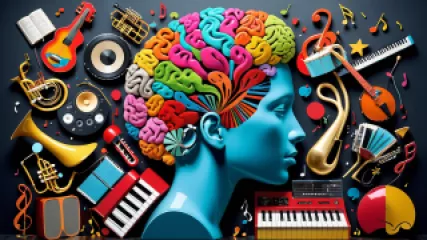Learning About the Psychology of Music Through Books and Movies
1 year ago
Psychology Of Music
The Ultimate Guide to Understanding the Psychology of Fashion
1 year ago
Psychology of Fashion
How Listening to Music Can Improve Your Mental Well-Being
1 year ago
Psychology Of Music
Empowering the Gifted: An Interview with a Renowned Psychologist
1 year ago
Giftedness
Proven Goal-Setting Strategies for Achieving Your Objectives
1 year ago
Goal Setting Strategies
Discover Wisdom for Older Adult Mental Health: Lessons from Classic Films
1 year ago
Elderly Mental Care
How Parental Love Shapes Personality Development: An Expert Interview
1 year ago
Parental Influence on Personality
5 Creative Activities to Foster Creativity in Online Therapy Sessions
1 year ago
Fostering Creativity
Why is empathy important in coaching for mental health?
1 year ago
Empathy
Breaking Down Stigmas: Embracing a Learning Disabilities Support Network
1 year ago
Learning Disabilities
Exploring the Psychological Benefits of Music Therapy
1 year ago
Psychology Of Music
My Journey with Virtual Dream Counselors
1 year ago
Dream Interpretation
Exploring the Therapeutic Power of Music: An In-Depth Interview
1 year ago
Psychology Of Music
Behind the Scenes: A Glimpse into Online Dream Coaching
1 year ago
Dream Interpretation
The Ultimate Guide to Understanding Sexual Orientation and Queer Therapy Services
1 year ago
Sexual Orientation















